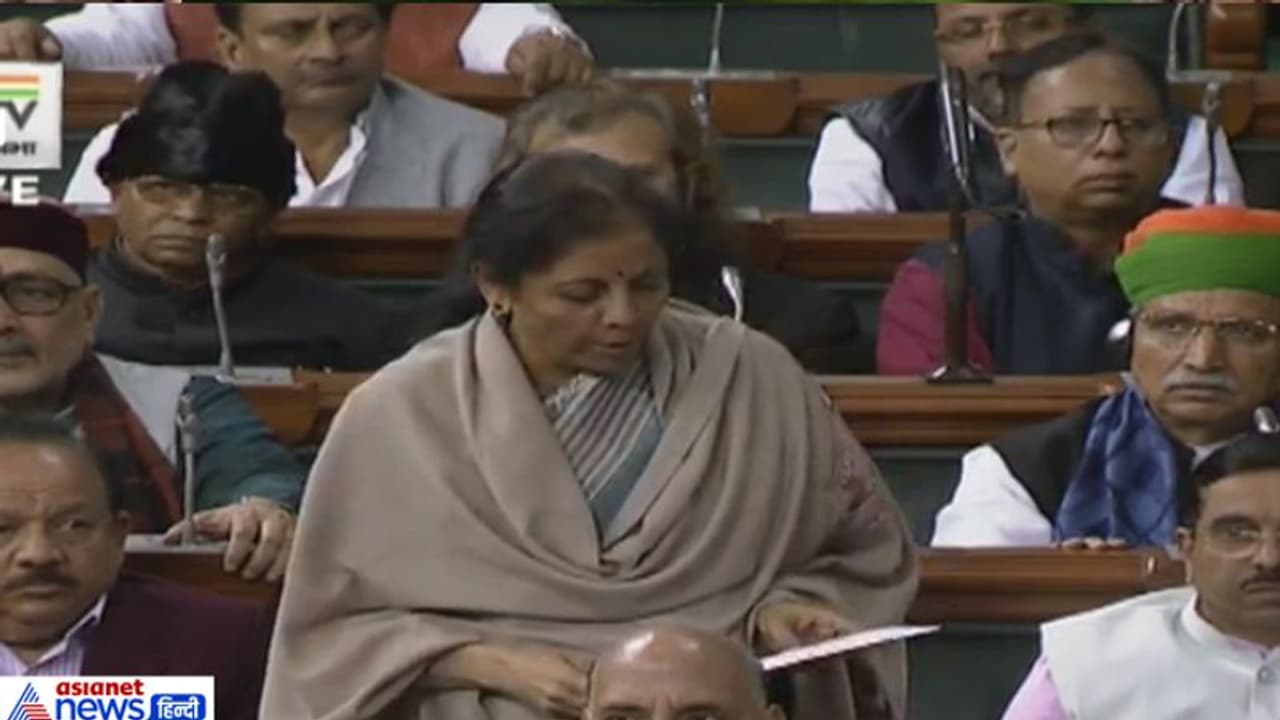Finance minister Nirmala Sitharaman on Friday (January 31) presented the Economic Survey 2019-20 in the Parliament. While submitting the survey report, the finance minister said that disinvestment improves firm performance and overall productivity to create wealth.
New Delhi: Union minister for finance and corporate affairs Nirmala Sitharaman on Friday (January 31) presented the Economic Survey 2019-20 in the Parliament and said that disinvestment improves firm performance and overall productivity and unlocks their potential to create wealth.
"This would have a multiplier effect on other sectors of the economy. Aggressive disinvestment, preferably through the route of strategic sale, should be utilised to bring in higher profitability, promote efficiency, increase competitiveness and to promote professionalism in management in CPSEs," the survey advocates.
The survey observes that the focus of the strategic disinvestment needs to be to exit from the non-strategic business and be directed towards optimising the economic potential of these CPSEs.
This would, in turn, unlock capital for use elsewhere, especially in public infrastructure like roads, power, transmission lines, sewage systems, irrigation systems, railways and urban infrastructure. It is encouraging that the enabling provisions by Department of Investment and Public Asset Management (DIPAM) are already in place.
According to the survey, the Cabinet has 'in-principle' approved the disinvestment in various CPSEs. These need to be taken up aggressively to facilitate the creation of fiscal space and improve the efficient allocation of public resources.
The survey notes that there are about 264 CPSEs under 38 different ministries/departments. Of these, 13 ministries/departments have around 10 CPSEs each under its jurisdiction. Many of the CPSEs are profitable.
The survey also examines the change in performance for each CPSE. It studied the movement in major financial indicators for each of the firms ten years before and after the year of strategic disinvestment and privatisation.
Taken individually, each privatised CPSE witnessed improvement in net worth, net profit, gross revenue, net profit margin, sales growth in the post-privatisation period compared to pre privatisation period (except for Hindustan Teleprinters, MFIL and Tata Communications in the case of few indicators).
